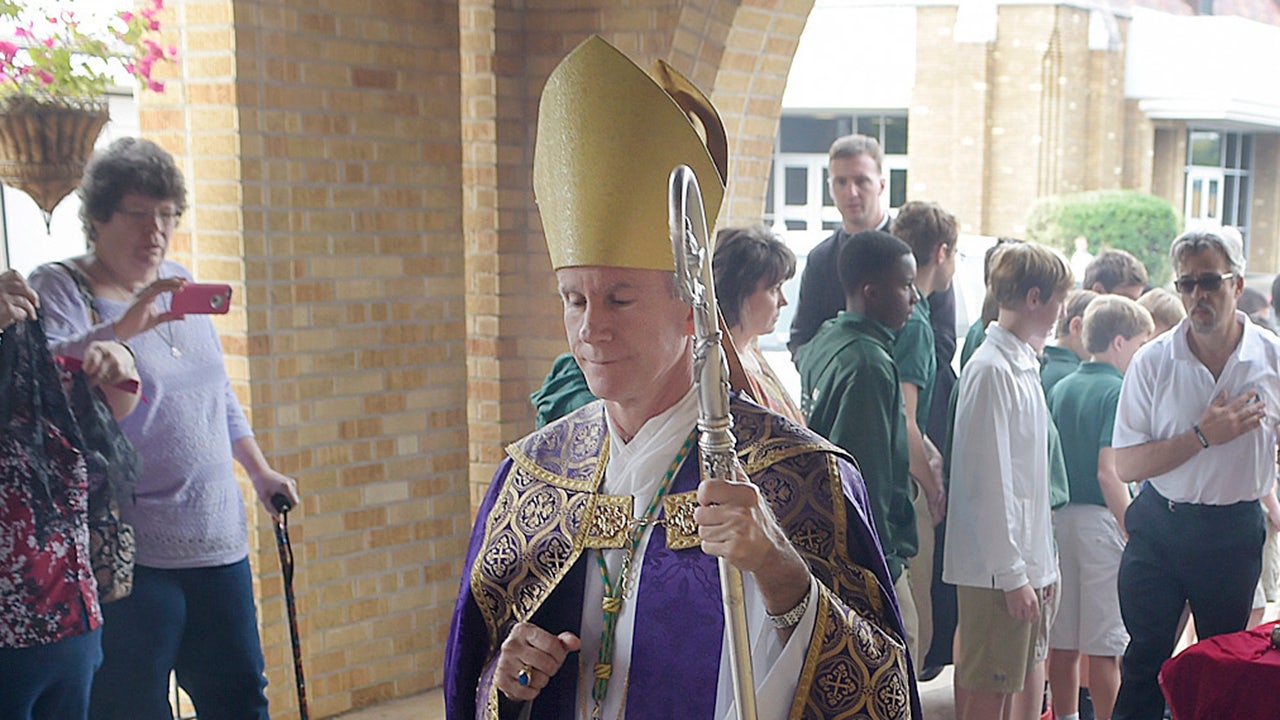A new document issued today by Pope Frances, "Ad Theologiam Promovendam ('to promote theology'), revises the statutes of the Pontifical Academy of Theology (PATH) “to make them more suitable for the mission that our time imposes on theology.”
Pope Francis has called for a “paradigm shift” in Catholic theology that takes widespread engagement with contemporary science, culture, and people’s lived experience as an essential starting point, citing the need to deal with “profound cultural transformations”.
“Theology can only develop in a culture of dialogue and encounter between different traditions and different knowledge, between different Christian confessions and different religions, openly engaging with everyone, believers and nonbelievers,” he writes.
He says Catholic theology must experience a “courageous cultural revolution” in order to become a “fundamentally contextual theology.” Guided by Christ’s incarnation into time and space, theology must be capable of reading and interpreting “the Gospel in the conditions in which men and women live daily, in different geographical, social, and cultural environments.”
The pope contrasted this approach with a theology that is limited to “abstractly re-proposing formulas and schemes from the past” and repeated his long-standing criticism of “desk bound theology.” Instead, he emphasised that theological studies must be open to the world, not as a “‘tactical’ attitude” but as a profound “turning point” in their method, which he said must be “inductive.”
Pope Francis said that this “pastoral stamp” must be placed upon all of Catholic theology. Described as “popular theology,” by starting from “the different contexts and concrete situations in which people are inserted” and allowing itself “to be seriously challenged by reality,” theological reflection can aid in the discernment of the “signs of the times.”
To achieve this “‘outgoing’ theology,” Pope Francis wrote that theology must become “transdisciplinary,” part of a “web of relationships, first of all with other disciplines and other knowledge.” This engagement, he wrote, leads to “the arduous task” of theologians making use of “new categories developed by other knowledge” in order to “penetrate and communicate the truths of faith and transmit the teaching of Jesus in today’s languages, with originality and critical awareness.”
Pope Francis also wrote that priority must be given to “the knowledge of people’s ‘common sense,’” which he described as a “theological source in which many images of God live, often not corresponding to the Christian face of God, only and always love.”
(English version of the document not available yet ... )
+++
At the root of this, I think Pope Francis has an issue with 'clerical conservatism' by which the clergy regards itself as superior to the laity, who should be quiet and do what they're told. This conservatism has played, and continues to play, its part in the scandals that have dome so much damage to the Church.
Pope Francis has called for a “paradigm shift” in Catholic theology that takes widespread engagement with contemporary science, culture, and people’s lived experience as an essential starting point, citing the need to deal with “profound cultural transformations”.
“Theology can only develop in a culture of dialogue and encounter between different traditions and different knowledge, between different Christian confessions and different religions, openly engaging with everyone, believers and nonbelievers,” he writes.
He says Catholic theology must experience a “courageous cultural revolution” in order to become a “fundamentally contextual theology.” Guided by Christ’s incarnation into time and space, theology must be capable of reading and interpreting “the Gospel in the conditions in which men and women live daily, in different geographical, social, and cultural environments.”
The pope contrasted this approach with a theology that is limited to “abstractly re-proposing formulas and schemes from the past” and repeated his long-standing criticism of “desk bound theology.” Instead, he emphasised that theological studies must be open to the world, not as a “‘tactical’ attitude” but as a profound “turning point” in their method, which he said must be “inductive.”
Pope Francis said that this “pastoral stamp” must be placed upon all of Catholic theology. Described as “popular theology,” by starting from “the different contexts and concrete situations in which people are inserted” and allowing itself “to be seriously challenged by reality,” theological reflection can aid in the discernment of the “signs of the times.”
To achieve this “‘outgoing’ theology,” Pope Francis wrote that theology must become “transdisciplinary,” part of a “web of relationships, first of all with other disciplines and other knowledge.” This engagement, he wrote, leads to “the arduous task” of theologians making use of “new categories developed by other knowledge” in order to “penetrate and communicate the truths of faith and transmit the teaching of Jesus in today’s languages, with originality and critical awareness.”
Pope Francis also wrote that priority must be given to “the knowledge of people’s ‘common sense,’” which he described as a “theological source in which many images of God live, often not corresponding to the Christian face of God, only and always love.”
(English version of the document not available yet ... )
+++
At the root of this, I think Pope Francis has an issue with 'clerical conservatism' by which the clergy regards itself as superior to the laity, who should be quiet and do what they're told. This conservatism has played, and continues to play, its part in the scandals that have dome so much damage to the Church.


